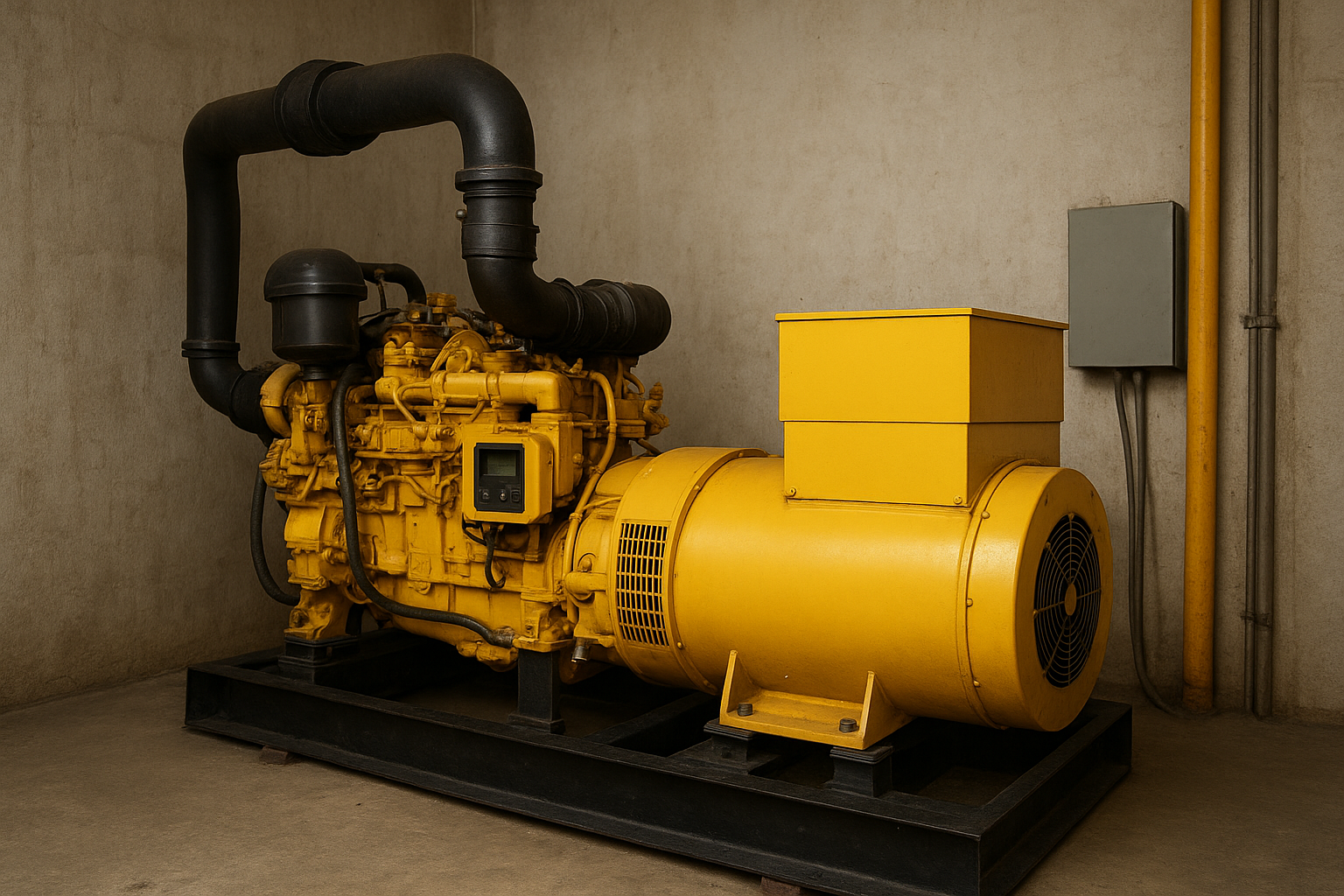

Two young lovers died of suffocation in a generator room where they were having a good time in Mogonga, Kenyenya, in Kisii county.
The bodies of the two, a man and woman, were found in the room long after they had died on Monday night, police said.
They had slept with the generator on, which emitted carbon monoxide, police said.
Police said an investigation into the incident had been launched.
The emitted carbon
monoxide led to the suffocation, police said, citing medical officials who
attended to the victims.
The generator supplies power to a bar where one of the deceased works.
He had invited his girlfriend to the room when they both suffocated.
A manager at the bar said the generator had run out of diesel, and he had been informed to come there to help with refueling.
He told police he went to the generator room and used a spare key to open for refueling when he stumbled on the bodies of the two on a bed.
He told police he mobilised and rushed the two to hospital, where they were pronounced dead on arrival.
Officials at
the hospital said the two died from
suffocation from the carbon monoxide presumably emitted by the generator.
Police visited the scene where the bodies were found as part of the probe.
The bodies were
preserved at a local mortuary pending autopsy and other investigations.
Just like a jiko, a generator emits carbon monoxide, which is deemed deadly.
Carbon monoxide poisoning, always referred to as ‘the silent killer’, happens when the toxic odourless gases emitted from burning wood or charcoal mix with blood and affect oxygen circulation in the body.
“When you breathe in carbon monoxide, it enters the blood, mixes with the red blood cells' haemoglobin to form poisonous carboxyhaemoglobin that prevents blood from transporting oxygen,” the World Health Organisation says.
Signs of carbon monoxide poisoning include headache, dizziness, shortness of breath, abdominal pain, stomach upset, vomiting, chest pain, blocked nose, running nose, red eyes and confusion.
Carbon monoxide poisoning is more likely to occur
when people are asleep.
Officials advise against using a jiko in poorly
ventilated places.













![[PHOTOS] Ole Ntutu’s son weds in stylish red-themed wedding](/_next/image?url=https%3A%2F%2Fcdn.radioafrica.digital%2Fimage%2F2025%2F11%2Ff0a5154e-67fd-4594-9d5d-6196bf96ed79.jpeg&w=3840&q=100)


